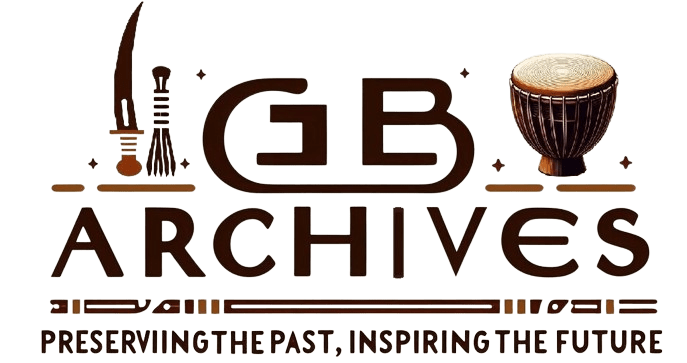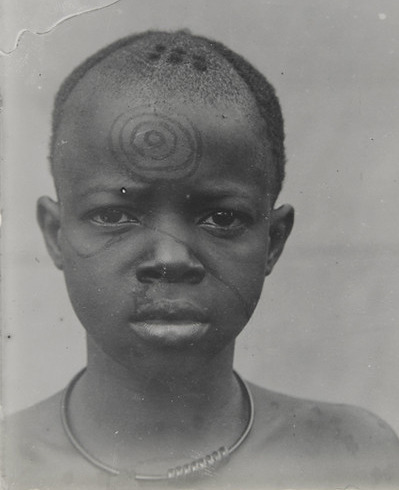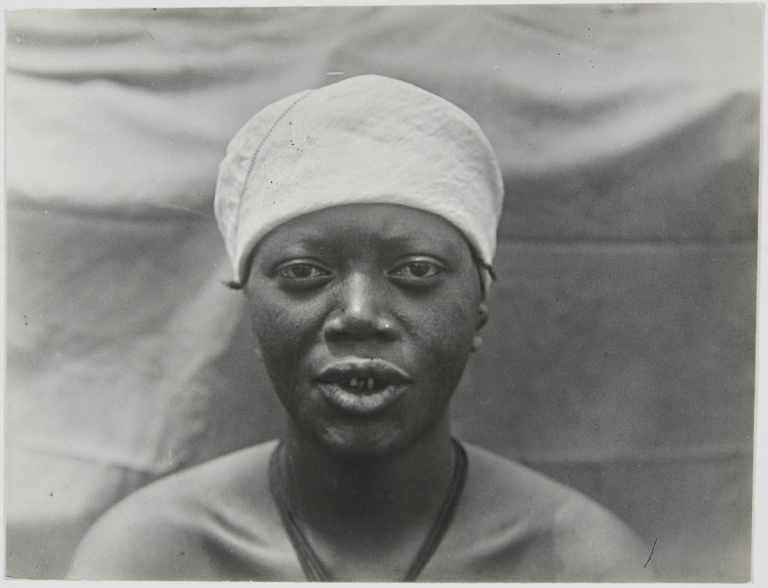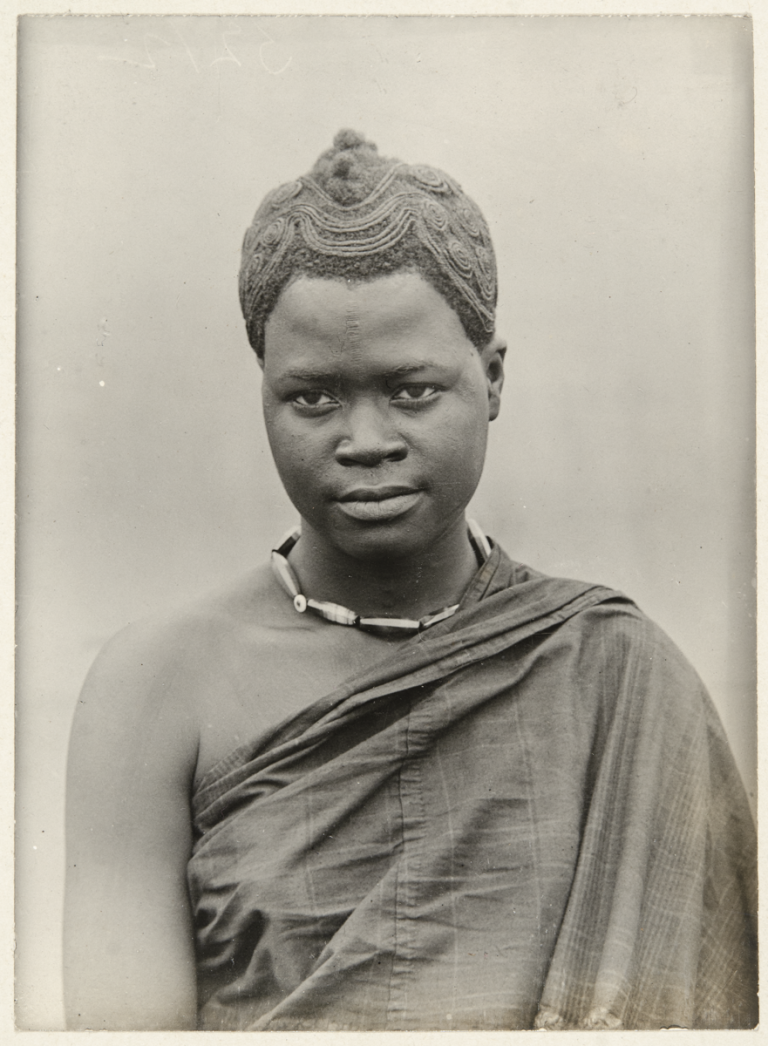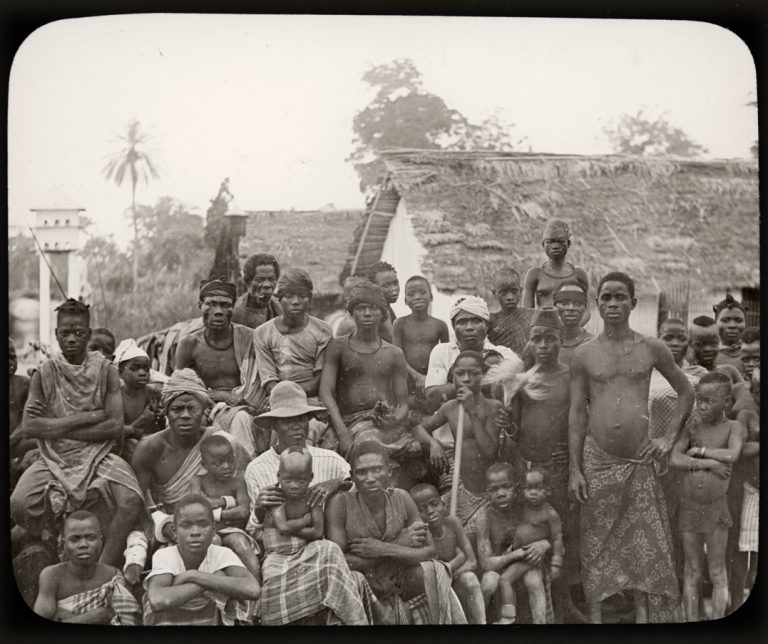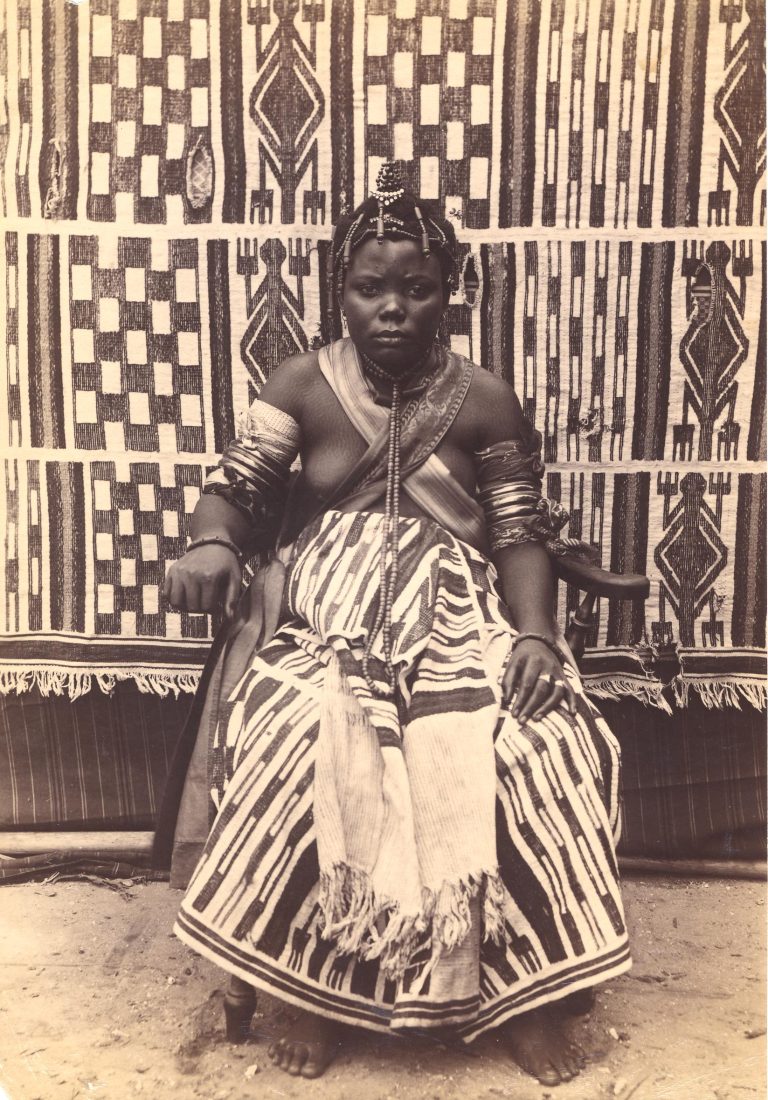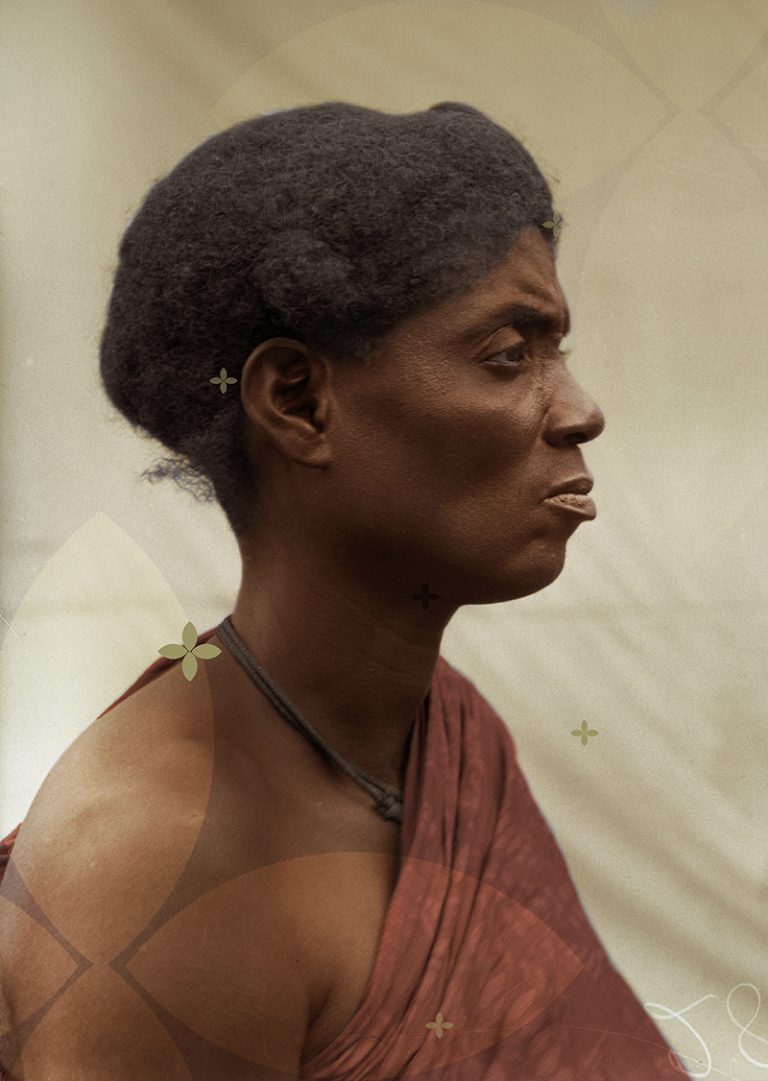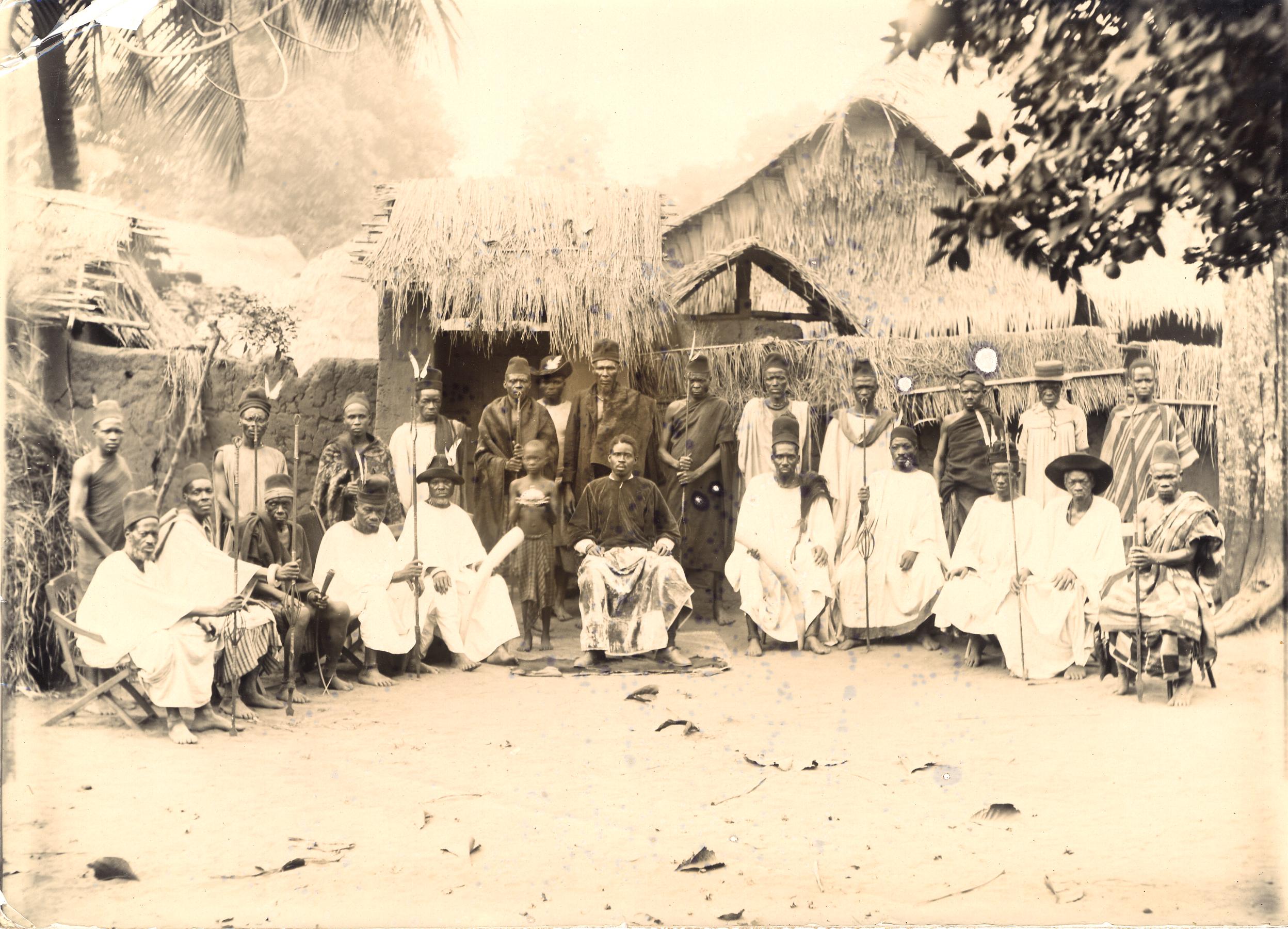
This photograph, taken between 1900 and 1915, shows a group portrait of male adults, with the front row seated and the back row standing. The men are dressed in traditional Igbo robes and holding ceremonial staffs. The central figure is accompanied by a child holding a ceremonial object. A cloth is spread on the ground beneath them. Mud walls, a thatched gate, and shelters are visible in the background.
The photograph shows a group of titled men, possibly members of the prestigious Nze na Ozo society. The image highlights their traditional attire, which includes symbolic robes and the iconic red caps known as okpu mme. The presence of ceremonial staffs and ivory bracelets signifies their high status.
Explore Further
For more on this topic, explore the post below. It provides a deeper insight.
 Cultural Insights
Cultural Insights
The Ozo society stands at the heart of Igbo culture, symbolizing the highest levels of spiritual and social order. This article examines the roles of Nze, Ozo, Eze, and Ichie, emphasizing their crucial contributions to the spiritual and social cohesion of Igbo communities. Additionally, it explores the impact of European colonization on these traditional structures.
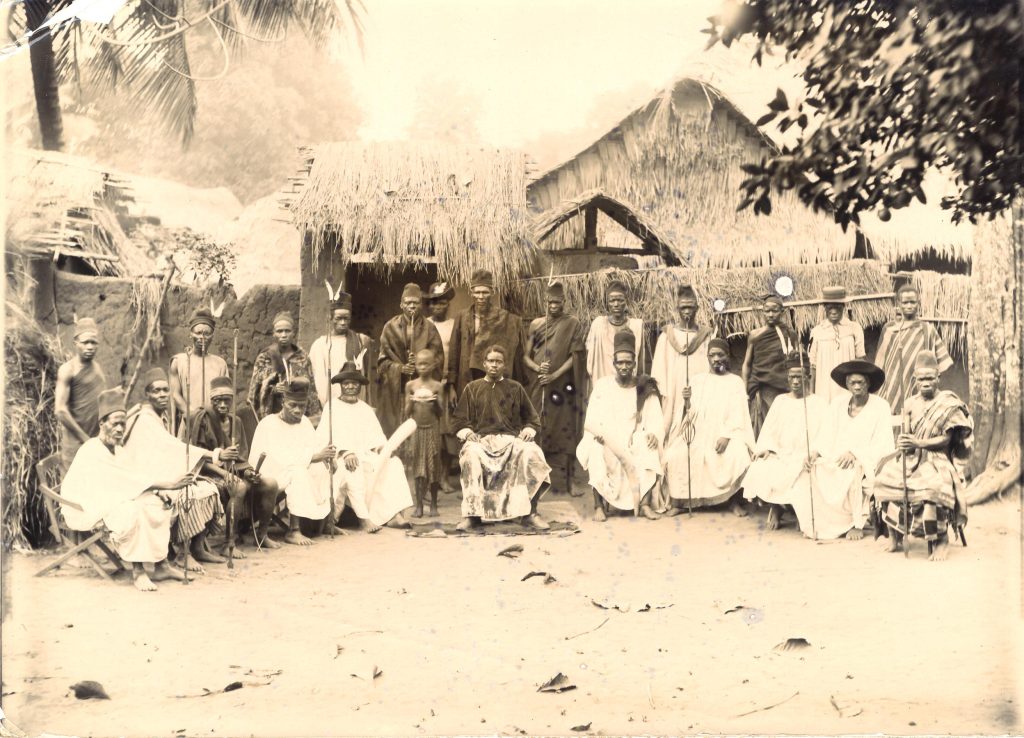
The Nze na Ozo Society
The Nze na Ozo society remains one of the most revered traditional institutions in Igbo culture. The term Nze originates from Nzerem, meaning one who abstains from evil deeds that desecrate the Earth, which is considered sacred (Alinso). The word Nze closely associates with Nso, signifying something hallowed or avoided.
Contrary to popular belief, the Nze title did not originate from Nri; it is as ancient as Igbo culture itself, similar to the Eze title. One becomes an Nze through recognition as a powerful and upright individual by the community and subsequent investiture by the Eze. Therefore, Nze and Ozo are distinct titles with different meanings.
The Nze Title
The Nze title marks high moral standing and spiritual purity. Nze titleholders serve as custodians of the community’s spiritual and ethical standards. They act as adjudicators, protectors of shrines, and keepers of religious affairs. The process of becoming an Nze involves rigorous scrutiny of one’s character and achievements. The Eze’s recognition is crucial for one to attain the Nze title.
Nze titleholders play a vital role in maintaining the spiritual and social order within the community. They act as minor priests, assisting the Eze in religious ceremonies and rituals. Their duties include resolving disputes and ensuring justice within the community. They safeguard and ensure respect for sacred sites. Additionally, they conduct rituals and ceremonies to honor the deities and ancestors. The Nze title qualifies one as a red cap titled man of a community and permits the titleholder to discuss matters of great importance in the community.
The Ozo System
The Ozo system is a guild comprising Nze and Eze title holders, representing the highest levels of Odinani and spirituality in Northern Igbo communities. Established by the Eze Nri, it spread to all areas influenced by Nri, including Western Igbo, where it is known as Ichi Mmuo. The term Ozo derives from a root word meaning to struggle or contend, indicating that Ozo members protect and adjudicate their community, as well as custodians of the worship of Ani.
Levels of the Ozo System
The Ozo society has six levels, divided into two main categories: Nnukwu Ozo and Obele Ozo. The Obele Ozo is divided into Eyisi, Ezuzo, and Okpala. While the Dunu, Dim, and Ezeana make up the Nnukwu Ozo. Additionally, the Ozo society may be further divided into Ozo efifie, Ozo Alo, and Ozo Owulu, with Ozo Owulu being the highest rank.
Initiation Process
The initiation process into the Ozo society begins by informing the head of the Ozo system of one’s intention to join. They examine the candidate for upright character and significant achievements. If accepted, the candidate proceeds to olulu ani and uke, which involve informing his family, kindred, and entire clan, and holding a feast for them. This is known as ibu ego Ozo. Following this, the candidate undergoes inyedo Mmuo, rituals performed for Ani and the ancestors.
Rituals and Symbols
The aspirant enters a period of occultation, during which his body is first covered in dirt (uhie) signifying past impurity, and then ima nzu signifying new purity. The Ozo conferment proper, known as isekpulu ani, involves declaring fealty to Mother Earth and committing to a path of purity. The initiate also undergoes mmacha Ozo and ina Obibi, where they enter the sacred grove or forest at midnight. After the rituals, the initiate emerges in the afia Ozo ceremony.
Regalia of the Ozo Title
Each piece of regalia in the Ozo title ceremonies holds significant meaning and symbolizes various aspects of the titleholder’s new status and responsibilities:
- Ofo: A sacred staff representing authority and justice. It is used in rituals to invoke the ancestors and deities, ensuring the titleholder’s decisions are guided by spiritual wisdom.
- Nza (Horsetail Whip): Symbolizes the titleholder’s role as a protector and enforcer of community laws. They use it in ceremonies to signify the power to maintain order.
- Okwachi: Five wooden sticks tied together representing the titleholder’s chi (personal god). It signifies the connection between the titleholder and their spiritual guide.
- Okposi: Six egbi sticks tied together representing the ancestors. It symbolizes the titleholder’s duty to honor and appease the ancestors.
- Azuzu (Leather Fan): Represents the titleholder’s authority and ability to provide guidance and comfort to the community.
- Ikenga: A carved wooden figure symbolizing strength and achievement. It represents the titleholder’s personal power and success.
- Owu Ozo: Brass anklets and ropes worn on the ankles, symbolizing the titleholder’s commitment to the Ozo society and their elevated status.
- Osisi afulu: They break and bury this staff with the titleholder upon death, signifying the end of their earthly duties and their transition to the ancestral realm.
- Osisi ona: The titleholder’s son can inherit this staff bearing brass rings upon their death, symbolizing the continuation of their legacy.
The Ozo is also given an Oche mgbo (three-legged stool), an iron staff known as alo, and a headgear known as ege. The ege represents the royal python, a symbol of Mother Earth, and is accompanied by fishing eagle feathers (aba ugo).
The Role of Ndi Ichie
Attaining the highest level of the Ozo system is known as Ichizu mmuo, where one becomes a divinized entity, or spirit, known as Ndi ichie. The term Ichie is not used for any common chief or elder; it is a purely spiritual designation. The ichie hold the highest positions in traditional Igbo governance. Becoming ichie means becoming one with Chi-ukwu and achieving a spiritual status. This is why ancestors are referred to as Ndiichie, as they are believed to have attained divinization. For the living to achieve this status and become a living ancestor, they must undergo gbuola ichi and culminate in ichizu mmuo.
The Eze: Chief Priests and Spiritual Leaders
The Eze plays a crucial role in Igbo spirituality, occupying the highest rank above the Nze. Ezes are the Chief priests, seen as living deities responsible for maintaining spiritual order and leading significant religious activities. The process of becoming an Eze involves recognition, rituals, and the acceptance of substantial responsibilities. As part of the Ozo system, the Eze holds the highest spiritual authority, guiding the community in religious matters.
Impact of European Colonization
European colonization profoundly impacted Igbo society, disrupting traditional structures and introducing new political systems. Before colonization, the Igbo lived in autonomous communities without centralized kingship. Leadership was based on merit and communal consensus, with Nze and Ozo playing a central role in governance and spirituality.
The arrival of European colonizers brought significant changes. The British introduced the concept of chieftaincy and kingship, appointing “warrant chiefs” to administer colonial policies. This disrupted the traditional egalitarian structure and created new power dynamics. The imposition of foreign political systems undermined the authority of traditional institutions like the Nze na Ozo society and led to the erosion of Igbo cultural practices.
Colonial administrators often favored individuals who were willing to collaborate with them, leading to the rise of new elites who did not necessarily have the traditional legitimacy or moral standing of the Nze and Ozo titleholders. This shift in power dynamics caused social upheaval and weakened the traditional governance structures that had maintained order and cohesion in Igbo communities.
Conclusion
The Nze, Ozo, Eze, and Ichie are vital in upholding the spiritual and social structures of Igbo society. Their roles and the rigorous processes involved in attaining these titles highlight their significance. Understanding these roles offers a deeper appreciation of Igbo heritage and the values that have sustained their communities for generations.
References
- The News Chronicle: Understanding the Relationship Between Nze, Ozo, and Ndiichie
- Wikipedia: Igbo culture
- Wikipedia: Igbo people
- Britannica: Igbo | Culture, Lifestyle, & Facts
- KNBBS: Exploring the Richness of Igbo Culture: Tradition, Norms, and Customs
Discover more from Igbo Archives
Subscribe to get the latest posts sent to your email.
